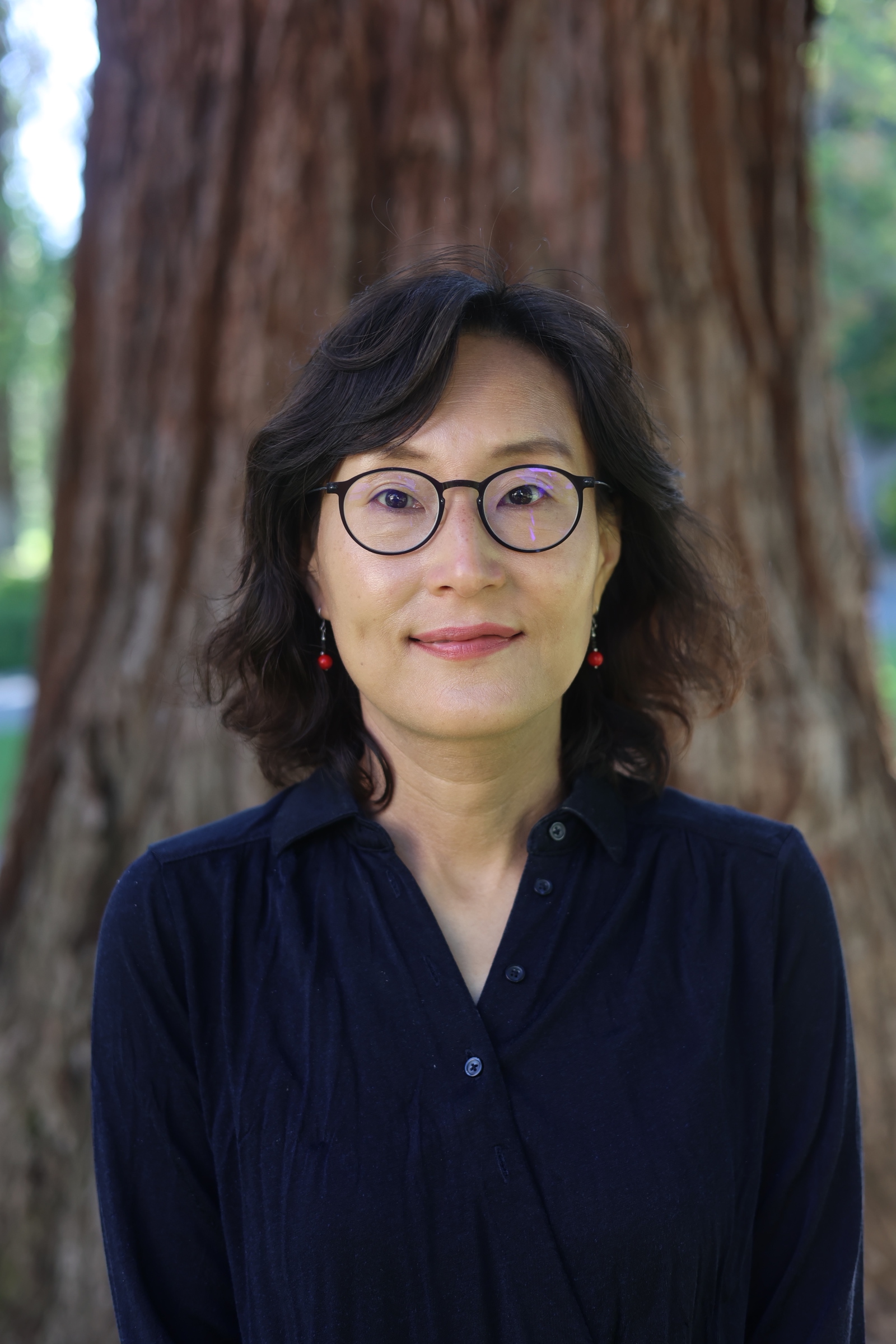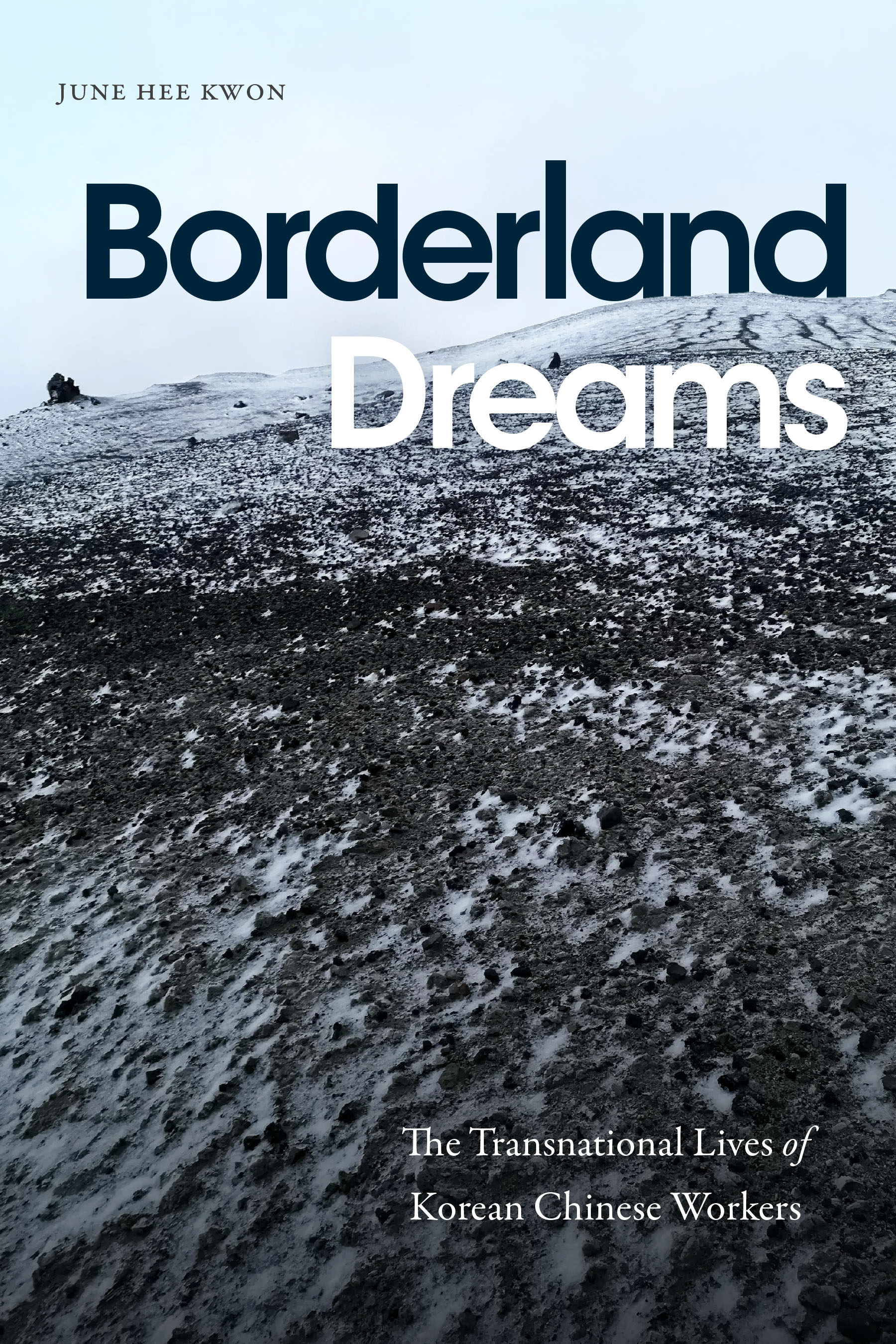
Contact Information
Name: June Hee Kwon
Title: Associate Professor
Office Location: Amador 452A
Email: junehee.kwon@csus.edu
Office Phone: 916.278.7337
Mailing Address: 6000 J street
Office Hours: M 12-3 PM
BIO
I am a cultural anthropologist in the Asian Studies Program at California State University Sacramento. In my research and teaching, I have focused on Korean diaspora and transnational migration, borderlands and political ecology, materiality and affect, gendered labor and class formation, and human suffering and memories. My area of expertise spans contemporary Korea (North and South), China, and Japan and includes postcolonial and post-Cold War culture and political economy across East Asia. I received my Ph.D. from the Department of Cultural Anthropology at Duke University. Prior to joining California State University Sacramento, I was an Assistant Professor/Faculty Fellow in the Department of East Asian Studies at New York University and a Postdoctoral Fellow at the University of Pittsburgh.
Research Projects

My first book, Borderland Dreams: The Transnational Lives of Korean Chinese Workers, is a borderland ethnography on the re/interpretation of the “Korean dream” that has dominated the ethnic borderland of Yanbian, the Korean Chinese Autonomous Prefecture, since the early 1990s. The book is built on more than ten years of multi-sited field research conducted mainly in Seoul, South Korea, and Yanbian, China. It examines the remittance-driven material reality of the transnational labor migration shaped by the “Korean Wind”—the popular name for the urge among Korean Chinese for migration between China and South Korea. Using bodies, money, and time as key ethnographic lenses onto the persistent desire of Korean Chinese to “leave to live better,” this book analyzes the political economy of migration that has formed Korean Chinese workers into a transnational ethnic working class. I argue that the Korean dream represents not only a collective effort for a better life in the context of a rapidly privatizing China but also a reflection of the fluctuating political economy that emerged from the intersection between post-socialist China and post–Cold War South Korea. This book captures the diverse and multifaceted aspirations of Korean Chinese migrants caught between the waxing of the Chinese dream and the waning of the Korean dream;or, as I call them, borderland dreams.
As a series of borderland/diaspora studies, my second book project, Citrus Island: Displaced People, Traveling Trees in Jeju Korea, examines the social history of citrus trees imported from Japan(sent by diasporic Koreans in Japan) to Jeju Island from the 1960s to the 1980s. The cistrus trees have played a crucial role in rapidly increasing the farmers’ incomes and reshaping the ecology on Jeju, an exemplary tourist destination with a culture, history, and ecology distinct from the rest of Korea. By situating Jeju in the context of East Asian post-colonial / Cold War development on the basis of an archival and ethnographic study in Jeju, Korea, and Osaka, Japan, I look into the significance of cistrus trees 1) as gifts; 2) as commodities; and 3) as state projects. Drawing on transnational migration studies, political ecology, and post-colonial and Cold War histories, this project revisits the gift-commodity relationship and the governance of nature through the lens of citrus trees, highlighting how Jeju has been controlled by and has controlled nature as a means of future-making.
PUBLICATIONS
Book
2023 Borderland Dreams: The Transnational Lives of Korean Chinese Workers. Duke University Press
Articles/Chapters
2023 “Just Waiting: Korean Chinese Mobility and Immobility” Edited Volume edited by Deborah Durham and Adeline Masquelier," In the Meantime: Toward an Anthropology of the Possible, Berghahn Books
2021 "Area Studies to Aspire to Know: Recent Korean Studies in the US (알리기 위한 지역학, 알고 싶은 지역학: 미국내 한국학 수업풍경과 연구동향)," Critical Review of History (역사비평 in Korean) 137
2019 “Forbidden Homeland: Divided Belonging on the China-Korea Border,” Critique of Anthropology 39:1
2019 “Rhythms of “Free” Movement: Korean Chinese Migrants Under South Korea’ Visa Regime,”Journal of Ethnic and Migration Studies 45:15
2015 “The Work of Waiting: Love and Money in Korean Chine Transnational Migration,” Cultural Anthropology 30:3 (2016 The Cultural Horizon Prize, Honorable Mention, Society of Cultural Anthropology, American Anthropological Association)
Reviews
2024. Review on "Making Peace with Nature: Ecological Encounters Along the Korean DMZ," Korean Studies
2022 Review on “Sovereignty Experiments: Korean Migrants and the Building of Borders in Northeast Asia, 1860-1945” Korean Studies 46
2020 Review on “Between Foreign and Family: Return migration and Identity Construction Among Korean Americans and Korean Chinese,” Journal of Asian Studies 79:2(May)
2016 Review on “Living on Our Own: Single Women, Rental Housing, and Post-Revolutionary Affect in Contemporary South Korea,” Journal of Royal Anthropological Institute 22
2014 Review on “Representing the Invisible: The American Perceptions of Colonial Korea (1910-1945)” written by Jimin Kim, Dissertation Review (dissertationreview.org)
2002 “Nationalism of Divided Korea and the Ethnic Identity of Koreans in Japan,” Research of Korea and Japan Ethnic problems3(in Korean): 185-218, Seoul, Korea
Courses that I Teach
- Asia in the World
- Modernity and Globalization in Asia
- Asian Migration and Diaspora
- Korean History
- Korean Culture
- Culture and Society of North Korea
- US-China Relations
- Global East Asia, Global Capitalism
- Human Rights and Humanitarianism in East Asia
- Money, Sex, and Power
- Wealth and Povery in East Asia
- Political Economy of East Asia
Professional Associations
- Assocation of American Anthropology
- Association of Asian Studies
- Association of Asian American Studies